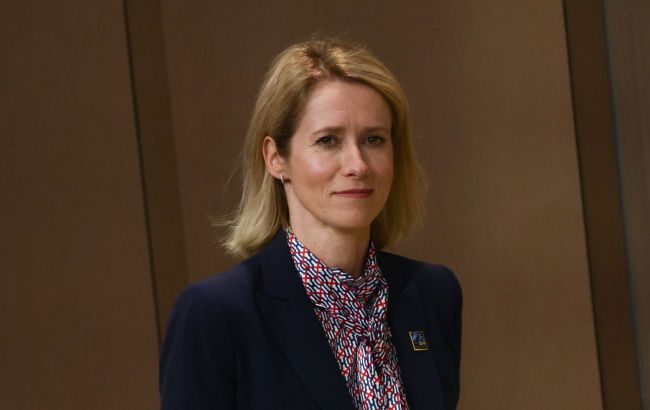EU approves 18th sanctions package against Russia - one of the harshest yet
 Photo: Kaja Kallas, High Representative of the European Union for Foreign Affairs and Security Policy (Getty Images)
Photo: Kaja Kallas, High Representative of the European Union for Foreign Affairs and Security Policy (Getty Images)
Ambassadors of the member states of the European Union have agreed on the 18th package of sanctions against the Russian Federation (RF), which, among other things, will include lowering the price cap on the export of Russian oil, according to EU High Representative for Foreign Affairs and Security Policy, Kaja Kallas.
"The EU just approved one of its strongest sanctions package against Russia to date," Kallas stated.
According to Kallas, the new package of restrictions:
-
targets another 105 shadow fleet ships and their facilitators;
-
will restrict the access of Russian banks to financing;
-
will prohibit the construction of Nord Stream pipelines;
-
will set a lower price cap on oil;
-
will increase pressure on the Russian military industry and Chinese banks;
-
will block the export of technologies used in unmanned aerial vehicles (UAVs);
-
will include restrictions against the largest Rosneft oil refinery in India and those involved in propaganda among Ukrainian children.
According to Reuters, citing unnamed diplomats, the 18th sanctions package will lower the G7 price cap for crude oil to $ 47.60 per barrel.
18th sanctions package against Russia
Sanctions against Russia during the full-scale war have become one of the main tools of international pressure. They aim to limit the enemy’s economic capabilities, particularly in the energy sector, and to impact its financial stability. Additionally, sanctions are often targeted at specific enterprises and individuals who support or are directly involved in military actions.
The European Commission presented the 18th sanctions package on June 10, but Hungary and Slovakia refused to support it due to their reluctance to forgo the opportunity to purchase cheap Russian oil and gas. For a long time, EU ambassadors could not reach an agreement on the new restrictions because of this.

